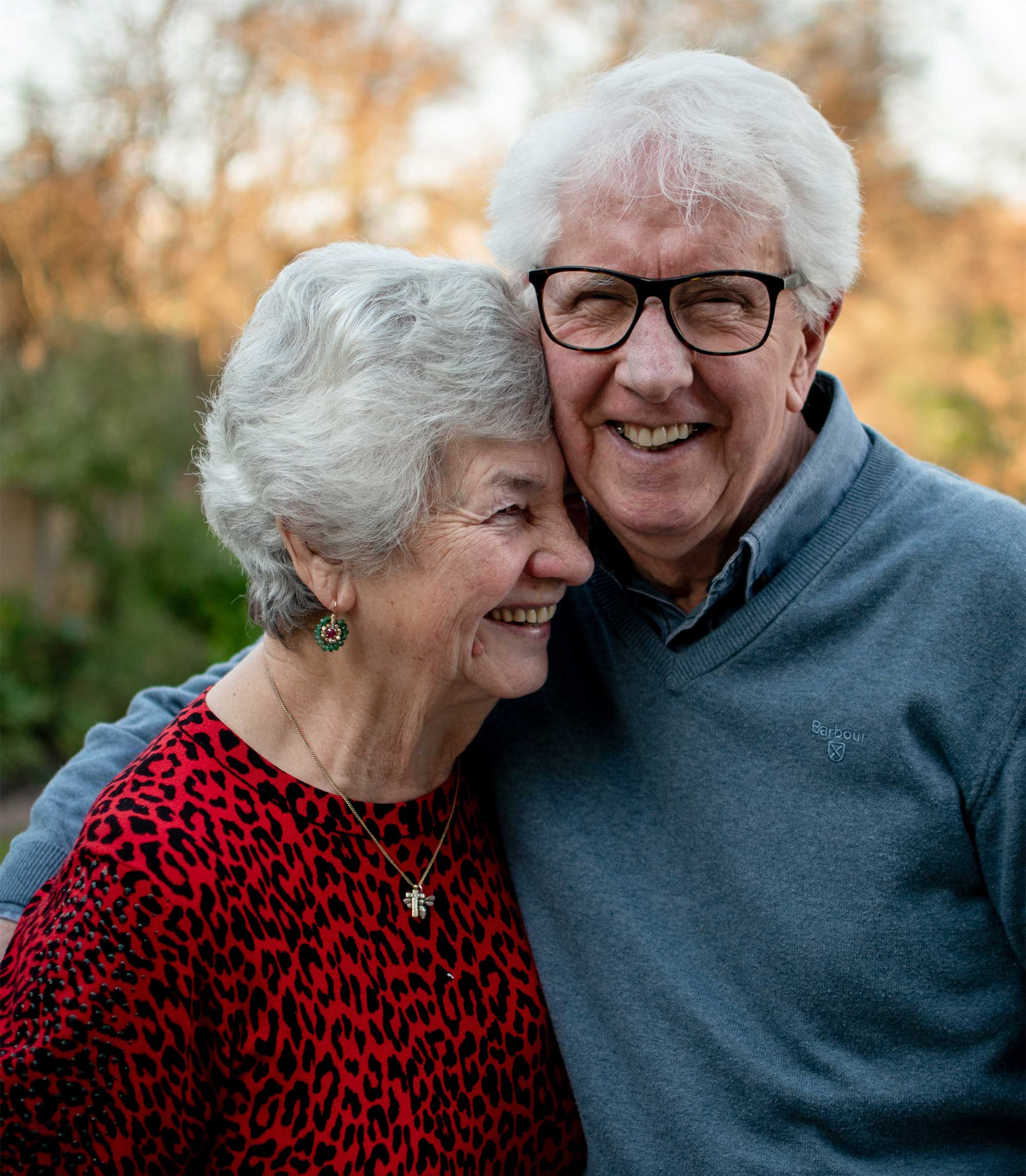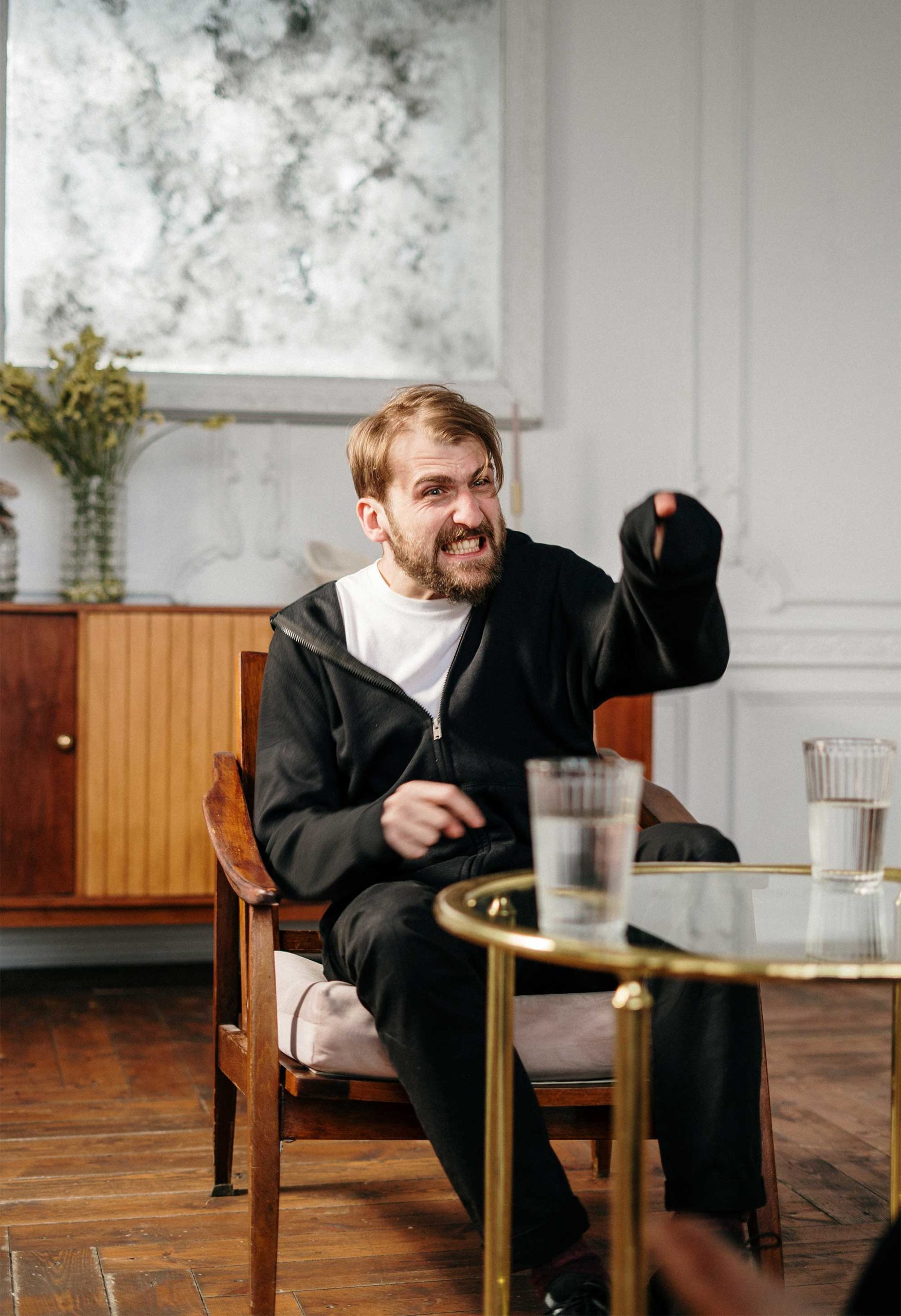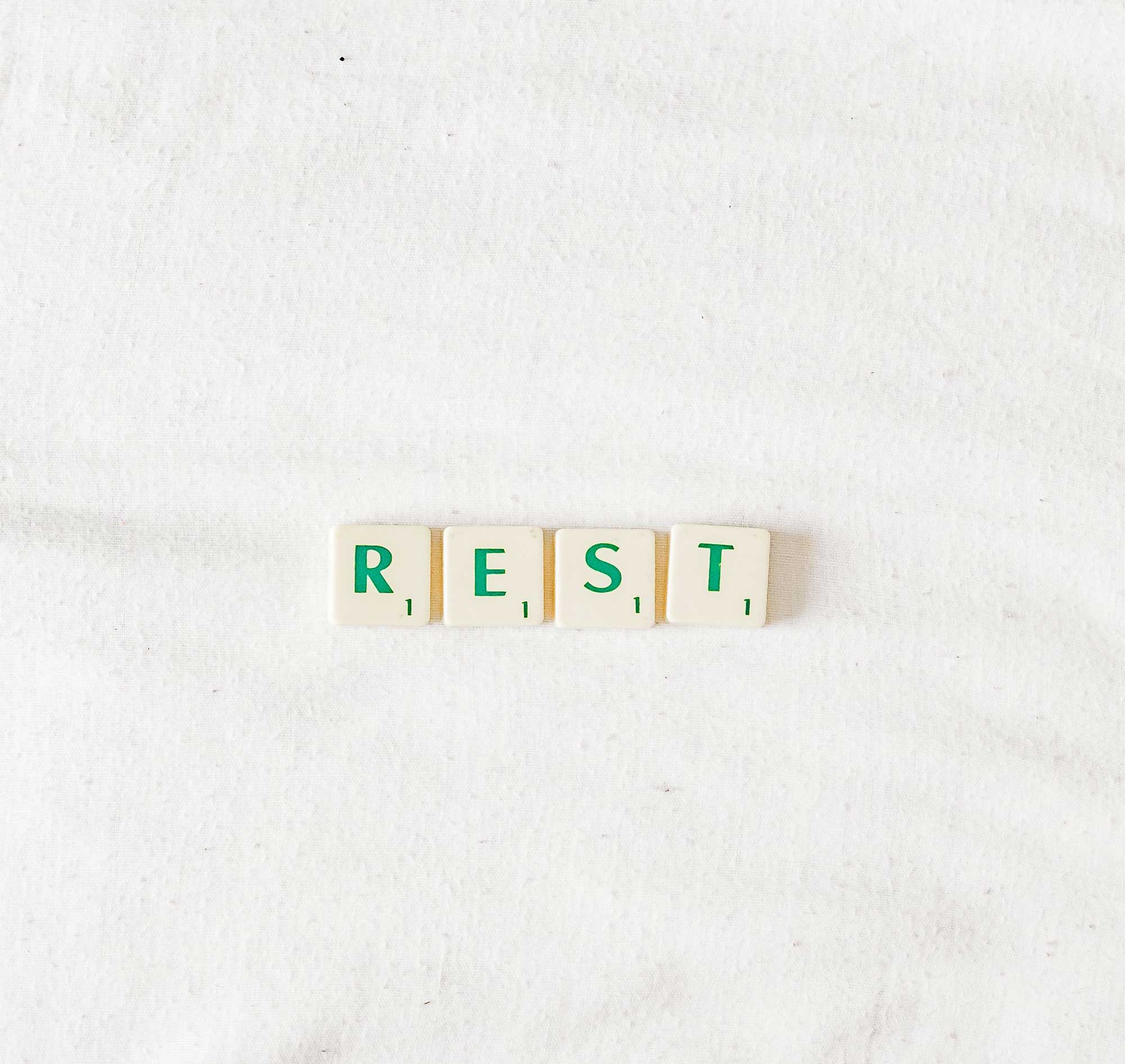
CARING FOR YOUR SPIRITUAL WELLBEING PART 13
CARING FOR YOUR SPIRITUAL WELLBEING- PART 13
WHAT’S YOUR PURPOSE IN LIFE?
In recent years researchers have been exploring the questions of life satisfaction and happiness, and researching into the measure of wellbeing as a mark of the quality of life.1
According to research, life with a purpose produces a sense of meaning and accomplishment, and also contributes to the overall wellbeing of a person.2
It’s been found that a greater meaning in life is gained when our accomplishments are centred in service for others.
Dr Martin Seligman states that meaning in life is the “feeling of belonging and serving something larger than self.”3
Since you are uniquely designed with a special set of abilities, why not use your talents to help others and experience real satisfaction.
Various studies report that looking out for others boosts life satisfaction.
A recent study on socially anxious individuals found that engagement in kind acts causes anxious individuals to have higher levels of positive emotions.4
A pilot study of retirees who volunteered more than 10 hours per week showed a higher score on a Purpose in Life test compared to those who volunteered 10 hours or less per week.5
Even heart surgery patients with high levels of social engagement showed increased recovery six months after surgery.6
In addition, a study on mortality risk involving over 309,000 people showed that those with good social relationships have a greater than 50% survival advantage.7
This cumulative evidence shows the clear benefits of engaging with and serving others.
The wise man Solomon said, “Whoever brings blessing will be enriched, and one who waters will himself be watered.”8

HOW IMPORTANT ARE YOUR RELATIONSHIPS?

In the pursuit of health and happiness, a positive relationship with others is a vital component.
These positive relationships involve giving and receiving, reaching out to connect, and listening and sharing.
Many life stressors emerge from relationship breakdowns within the family, marriage, workplace, social clubs, religious groups, or with our closest friends.
Dr Dean Ornish, a physician in the area of heart disease, comments in his book Love and Survival, “Anything that promotes a sense of isolation often leads to illness and suffering. Anything that promotes a sense of love and intimacy, connection and community, is healing.”9
The Framingham Heart Study, a 20 year study by Harvard researchers, reported the significance of how a happy mood has a major impact upon others up to three degrees of separation.10
Furthermore, a good mood resulting from interpersonal relations with others induces healthy immune functions, and conversely a breakdown in relationships debilitates the immune system.

Furthermore, a good mood resulting from interpersonal relations with others induces healthy immune functions, and conversely a breakdown in relationships debilitates the immune system.
Research has found that unhappy marital relations increases the onset of illness by 35%, and shortens the lifespan by four years.11
Unmarried patients have 8-17% lower survival rate than patients who are married and receive care and support.12 Keicolt-Glasser’s group study in psychoneuroimmunology showed that stressors such as troubled relationships can be translated into physiological changes with impairment of the immune system.13,14
Because good interpersonal relationships promote positive moods and boost the immune system, we should actively seek to create meaningful relationships and also cultivate our existing ones.
To find and build friendship, why not join a sporting club, and/or church group! Also, make it a priority to maintain your current relationships, and invest time with others (spouse, children, friends and family) by taking part in activities that build relations, lend a hand, listen to the needs of others and show empathy during their time of need.
In doing this, you are already on your way to boosting your health.
MOVING FORWARD
Anger, bitterness and resentment—are these familiar to you?
All of us know what it is like to be angry at someone or something, but not all of us know how to let go of anger.
Our body is engineered to respond to stimulus such as anger.
Anger causes the body to undergo a fight-or-flight response, which is similar to when you face great fear or excitement.
A string of hormones, including adrenaline, cortisol and catecholamines, are elevated, and the brain commands blood to be concentrated in the muscles for a physical response of fight or flight.15
The heart pumps faster, and in turn the blood pressure, breathing, body temperature, perspiration, glucose and fat level in the blood stream increase dramatically.16
Even though this is the body’s natural response, if it is prolonged and maintained the body is unable to have sufficient time to heal and recover.
This can lead to high blood pressure, heart attack, stroke and may contribute to insomnia and depression.17,18
The increased level of catecholamines can promote fatty deposits in the carotid arteries, and in time can cause arrhythmia and coronary spasms.19
A 36-year study has shown that young men between the ages of 36–48 who reacted to stressful events with high levels of anger were three times more likely to develop early cardiovascular disease, and were five times more at risk of developing early heart attacks.20

However, being angry is not the issue. It is staying angry and allowing the resentment and bitterness to grow that causes the unavoidable, detrimental consequences to your health.
Not only are you affected, but those close to you will also be affected and become victims. Nelson Mandela once said, “Resentment is like drinking poison and then hoping it will kill your enemies.”21
The choice is really up to you.
On the other hand, you can choose to release yourself from the imprisonment of anger and resentment.
The only real remedy is forgiveness. Forgiveness doesn’t make the wrong actions right or excuse them.
Forgiveness is about liberating one’s self from the misery of anger and resentment.
The first step towards forgiveness is not to forget about the painful event, but to remember it in a different way by reforming your perspective.
Reforming your perspective involves taking the challenge to evaluate the offender’s position during the painful event.
This enables you to realise that you could possibly cause as much or more pain if you had been in the same position.
Reforming your perspective helps you to develop an appropriate approach to people’s mistakes.
In Christianity, there is an even greater experience of release by submitting it to God as the Higher Power and allowing Him to work in your mind to be able to let it go.
God can turn the anger and resentment into care towards the offender.
Considering the links to disease that are associated with anger, would you take the challenge and release yourself from anger and forgive?
You can only be free by choosing to let go of the resentment.
Life is too short to allow anger to consume you!

TIME OUT!
Quiet time alone has been shown to provide healthful benefits and solutions to stressful events, thoughts and feelings.
Let’s face it, we are all exposed to stress at various points in our life.
Today many people look to meditation, with the majority employing various forms of Eastern meditation such as transcendental meditation or yoga which emphasises emptying the mind and looking inward for guidance.22,23
This inward focus can provide a level of relaxation.
Another form of mediation, practiced by some of the most enlightened thinkers in history including Solomon and Christ himself is called Meditation Scripturanum.
This form of meditation, also called Christian Meditation, is prolonged, prayerful, deep thinking on the revealed truths of God given in the ancient scriptures. This is said to allow one into “communion with God, thinking of God’s thoughts, sensing His presence and knowing His will.”24
When it comes to stress, we don’t need a form of escapism but a solution to our problems.
Christian meditation provides a good solution because the reasoning powers in the frontal lobe of the brain remain active.
What about the benefits of prayer on its own?
In a study of 393 coronary care patients, the prayed-for group showed significantly better health outcomes with lower incidences of cardiopulmonary arrest, congestive heart failure, intubation and pneumonia along with lower usage of diuretics and antibiotics.25
A group of 60 undergraduate students aged 17-39 were given a stressful task, and participants with higher religiosity, levels of forgiveness and frequency of prayer had lower stress hormone response and blood pressure 26
Meditation and relaxation can provide positive health benefits when practiced intelligently.
Perhaps you may consider taking time to relax in a quiet place to enable your body to be relieved from stress and anxiety and to find peace away from the everyday demands of life.

THE RHYTHM OF LIFE
Just like electricity and magnetism, rhythm is invisible, but we know it exists because its operation can be experienced and observed as patterns in its regularity.
Our planet works in a rhythmic fashion.
The cycles of the earth constitute the daily 24-hour cycle due to the rotation of the earth on its axis; the monthly 30-day cycle from the orbit of the moon around the earth and the yearly 365-day cycle of the earth orbiting around the sun.
Curiously, there is no explanation in nature’s movement for the origin of a weekly 7-day cycle.
However, our body has a series of rhythms for maintenance and response to different stimulus in a regulated manner, and this includes the rhythm of the 7-day cycle, known as the circaseptan rhythm.
In fact, just like the earth, our body has 24-hour, 7-day, 30-day and 365-day rhythms.
Halberg’s research group investigated the timing of human mood, and discovered a daily and weekly cycle, with the highest peak on the positive mood scale to be at the 7th day of the week (Saturday), and the lowest level on the negative mood scale at the 7th day of the week.38
This means that to reach optimal wellbeing our weekly and daily lifestyle, with our sleeping and dietary habits and working schedule, should be adjusted to the time structure of the 7-day mood cycle.

The 7-day cycle was established in the earliest Biblical records, making it a very ancient rhythm. This pattern has been adopted and passed down to today’s generation, with a 7-day cycle that begins with six days of work and then one day of rest.
Some countries have tried to eliminate and change this 7-day cycle to a different timeline.
France, for example, adopted a 10-day weekly cycle in the years 1793–1805.39,40
Also Russia, during the communist regime of 1929- 1940, enforced a 5-day, then a 6-day weekly cycle.41,42
However, these changes did not last because it was not conducive to human health and family social life.
Since our physical and mental faculties are engineered to be in a 7-day cycle, our lifestyle should also be synchronised to a 7-day cycle.
Research also suggests that the stress hormone cortisol has a 7-day cycle, with an increased level of cortisol at mid-week and a reduction around the 7th day.43
Various researchers have also found health benefits in the attendance of weekly religious worship.

One U.S. study reported that those who attend weekly religious services had a 25% reduced risk of death from cardiovascular disease.44
Another study reported a 19-times higher risk of death over an 8-year period for those who never attended religious services.45
Considering the general rise of stress levels from work pressures, family dynamics, study performance expectations, and high-productivity demand in business, we need to maintain regularity for our emotional, physical and spiritual health.
We recommend the adoption of 1-day-off per week plan combined with regular exercise and good dietary habits for optimal health/stress management.
All of us experience stress at some point in our lives.
Perhaps you can consider your body cycle and implement a rest day for every week to recharge physically, to spend time with your family, and to connect spiritually.
After all, life is too short.
Why not make the best of life by looking after your body?

YOU ARE VALUABLE!
REFERENCES
1. Lim C, Putnam RD. Religion, Social Networks, and Life Satisfaction. American Sociological Review. December 1, 2010 2010;75(6):914-933.
2. Forgeard MJC, Jayawickreme E, Kern ML, Seligman MEP. Doing the Right Thing: Measuring Wellbeing for Public Policy. 2011;1(1):79-106.
3. Seligman MEP. Flourish: A visionary New Understanding of Happiness and Well-being: Simon and Schuster; 2011.
4. Alden LE, Trew JL. If it makes you happy: engaging in kind acts increases positive affect in socially anxious individuals. Emotion. Feb 2013;13(1):64-75.
5. Weinstein L, Xie X, Cleanthous CC. Purpose in life, boredom, and volunteerism in a group of retirees. Psychol Rep. Apr 1995;76(2):482.
6. Jenkins CD, Stanton BA, Jono RT. Quantifying and predicting recovery after heart surgery. Psychosom Med. May- Jun 1994;56(3):203-212.
7. Holt-Lunstad J, Smith TB, Layton JB. Social relationships and mortality risk: a meta-analytic review. PLoS Med. Jul 2010;7(7):e1000316.
8. Solomon K. Proverbs. English Standard Version Bible: Thomas Nelson Publishers; 931 BC:11:25.
9. Ornish D. Love and Survival: The Scientific Basis for the Healing Power of Intimacy: Harper Collins; 2011.
10. Fowler JH, Christakis NA. Dynamic spread of happiness in a large social network: longitudinal analysis over 20 years in the Framingham Heart Study. BMJ. 2008;337:a2338.
11. Gottman JM, Silver N. The Seven Principles of Making
Marriage Work. New York: Crown Publishers; 1999.
12. Goodwin JS, Hunt WC, Key CR, Samet JM. The effect of marital status on stage, treatment, and survival of cancer patients. JAMA. Dec 4 1987;258(21):3125-3130.
13. Jaremka LM, Lindgren ME, Kiecolt-Glaser JK. Synergistic relationships among stress, depression, and troubled relationships: insights from psychoneuroimmunology. Depress Anxiety. Apr 2013;30(4):288-296.
14. Kiecolt-Glaser JK, McGuire L, Robles TF, Glaser R. Psychoneuroimmunology: psychological influences on immune function and health. J Consult Clin Psychol. Jun 2002;70(3):537- 547.
15. Carver CS, Harmon-Jones E. Anger is an approach- related affect: evidence and implications. Psychol Bull. Mar 2009;135(2):183-204.
16. Ekman P, Levenson RW, Friesen WV. Autonomic nervous system activity distinguishes among emotions. Science. Sep 16 1983;221(4616):1208-1210.
17. Balsamo M. Personality and depression: evidence of
a possible mediating role for anger trait in the relationship between cooperativeness and depression. Compr Psychiatry. Jan 2013;54(1):46-52.
18. Chida Y, Steptoe A. The association of anger and hostility with future coronary heart disease: a meta-analytic review of prospective evidence. J Am Coll Cardiol. Mar 17 2009;53(11):936-946. REFERENCES (CONT.)
19. Adameova A, Abdellatif Y, Dhalla NS. Role of the excessive amounts of circulating catecholamines and glucocorticoids in stress-induced heart disease. Can J Physiol Pharmacol. Jul 2009;87(7):493-514.
20. Chang PP, Ford DE, Meoni LA, Wang NY, Klag MJ. Anger in young men and subsequent premature cardiovascular disease: the precursors study. Arch Intern Med. Apr 22 2002;162(8):901-906.
21. Mandela N. A-Mused. http://www.philipchircop.com/ post/6949868102/nelson-mandela-by-yousuf-karsh-1990-a- story. Accessed 3 July, 2013.
22. Dale EJ. A Scientific Theory of the Development of Meditation in Practicing Individuals: Patañjali’s Yoga, Developmental Psychology, and Neurobiology. Sophia. 2013:1-13.
23. Travis F. Transcendental experiences during meditation practice. Annals of the New York Academy of Sciences. 2013.
24. Nedley N. Stress Without Distress. Depression, the Way Out. Ardmore, OK: Nedley Publishing; 2005:165.
25. Byrd RC. Positive therapeutic effects of intercessory prayer in a coronary care unit population. South Med J. Jul 1988;81(7):826-829..
26. Tartaro J, Luecken LJ, Gunn HE. Exploring heart and soul: effects of religiosity/spirituality and gender on blood pressure and cortisol stress responses. J Health Psychol. Nov 2005;10(6):753-766.
27. Benloucif S, Guico MJ, Reid KJ, Wolfe LF, L’Hermite- Baleriaux M, Zee PC. Stability of melatonin and temperature as circadian phase markers and their relation to sleep times in humans. J Biol Rhythms. Apr 2005;20(2):178-188.
28. Smaaland R. Circadian rhythm of cell division. Prog Cell Cycle Res. 1996;2:241-266.
29. Besarab A, Wesson L, Jarrell B, Burke JF. Effect
of delayed graft function and ALG on the circaseptan (about 7-day) rhythm of human renal allograft rejection. Transplantation. Jun 1983;35(6):562-566.
30. Lee MS, Lee JS, Lee JY, Cornelissen G, Otsuka K, Halberg F. About 7-day (circaseptan) and circadian changes in cold pressor test (CPT). Biomed Pharmacother. Oct 2003;57 Suppl 1:39s-44s.
31. Haus E. Chronobiology of hemostasis and inferences for the chronotherapy of coagulation disorders and thrombosis prevention. Advanced Drug Delivery Reviews. 2007;59(9–10):966-984.
32. Alstadhaug KB, Salvesen R, Bekkelund S. Weekendmigraine. Cephalalgia. Apr 2007;27(4):343-346.
33. Diaz-Sandoval R, Sanchez-de la Pena S, Chavez- Negrete A. Seven and 3.5-day rhythms in the incidence of myocardiopathies in Mexico. Arch Med Res. Jan 2008;39(1):134-138.34. Feigin VL, Anderson CS, Rodgers A, Bennett DA. Subarachnoid haemorrhage occurrence exhibits a temporal pattern – evidence from meta-analysis. European Journal of Neurology. 2002;9(5):511-516.
35. Carandente F, Angeli A, Crosignani P, et al. Circatrigintan rectal temperature and endocrine rhythms of clinically healthy, menstrually cycling women. Prog Clin Biol Res. 1987;227B:533-548.
36 Sitton SC, Hughes RB. Creativity, depression, and circannual variation. Psychol Rep. Dec 1995;77(3 Pt 1):907- 910.
37. Khait VD, Huang YY, Malone KM, et al. Is there circannual variation of human platelet 5-HT(2A) binding in depression? J Affect Disord. Sep 2002;71(1-3):249-258.
38. Cornelissen G, Watson D, Mitsutake G, et al. Mapping of Circaseptan and Circadian Changes in Mood. Scr Med (Brno). 2005;78(2):89-98.
39. Guillaume J. Procès-verbaux du Comité d’instruction publique de la Convention nationale. Vol 1, 2. Paris: Congrès national des sociétés savantes : scientifiques et sociétés; 1989.
40. Froechlé M. Le calendrier républicain correspondait-il à une nécessité scientifique? Paris: Congrès national des sociétés savantes : scientifiques et sociétés; 1989.
41. Foss C. Stalin’s topsy-turvy work week. History Today September 2004 2004;54(9):46-47.
42. Werth N. The Black Book of Communism. Cambridge, Massachusetts: Harvard University Press; 1999.
43. Maschke C, Harder J, Cornelissen G, Hecht K, Otsuka K, Halberg F. Chronoecoepidemiology of “strain”: infradian chronomics of urinary cortisol and catecholamines during nightly exposure to noise. Biomed Pharmacother. Oct 2003;57 Suppl 1:126s-135s.
44. Powell LH, Shahabi L, Thoresen CE. Religion and spirituality. Linkages to physical health. Am Psychol. Jan 2003;58(1):36-52.
45. Hummer RA, Rogers RG, Nam CB, Ellison CG. Religious involvement and U.S. adult mortality. Demography. May 1999;36(2):273-285.
46. Mitchell J. In Depth: Most Valuable Collector Cars. 2008; http://www.forbes.com/2008/08/14/valuable-collectible-cars- forbeslife-cx_jm_0815cars_slide_2.html. Accessed June, 2013.